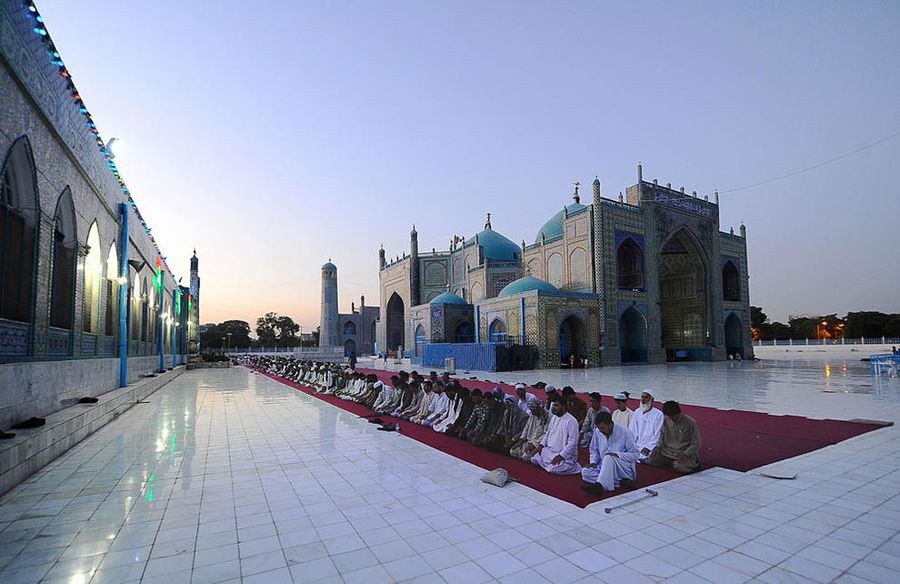Facts About Ramadan
Ramadan, also known as Ramazan, is the ninth month of the Islamic calendar and holds immense significance for Muslims globally. It is a period devoted to fasting, prayer, reflection, and community, forming one of the Five Pillars of Islam.
Fasting and Its Rules
Fasting during Ramadan is obligatory for adult Muslims, with exceptions for those who are ill, traveling, elderly, breastfeeding, diabetic, or menstruating. The fast begins at dawn and ends at sunset. The pre-dawn meal is called *suhoor*, and the meal to break the fast at sunset is known as *iftar*.
What Happens During Ramadan?
During daylight hours, Muslims abstain from food, drink, tobacco, sexual relations, and sinful behavior. Instead, the focus is on prayer and Quranic recitation. The spiritual rewards for fasting are believed to be magnified during this month, which commemorates the revelation of the Quran to Prophet Muhammad.
Key Dates and Practices
- Beginning of Ramadan: Marks the commencement of the fasting period.
- Night of Power (Laylat al-Qadr): Considered the night when the Quran was first revealed.
- Eid al-Fitr: Celebrates the conclusion of Ramadan with feasts and festivities.
Religious practices include fasting, additional nightly prayers called Tarawih, Quran recitation, and acts of charity known as Zakat. While cultural practices may vary, common greetings include "Ramadan Mubarak" and "Ramadan Kareem."
Observance and Laws
Fasting during Ramadan is widely adhered to among Muslims. Some countries enforce laws regulating behavior during this month, imposing penalties for eating in public during daylight hours in certain Muslim-majority nations.
Health Effects
Fasting can have diverse health outcomes. Some individuals may benefit from increased insulin sensitivity and weight loss, while those with specific health conditions should exercise caution.
Crime and Behavior
Crime statistics during Ramadan show mixed trends. Some regions report decreases in crime, while others observe increases.
Unique Situations
- Polar Regions: Muslims living in areas with extreme daylight hours follow alternate fasting schedules based on the nearest city with distinct day and night cycles.
- In Space: Muslim astronauts adjust their religious practices in accordance with their last location on Earth.
Work and Productivity
In some Islamic countries, working hours are reduced to accommodate those who are fasting. Policies on religious accommodations for Ramadan observers can differ by country, and there have been instances of reported discrimination. While overall productivity might decline, businesses often see increased profits due to higher demand during this month.

 Iran
Iran